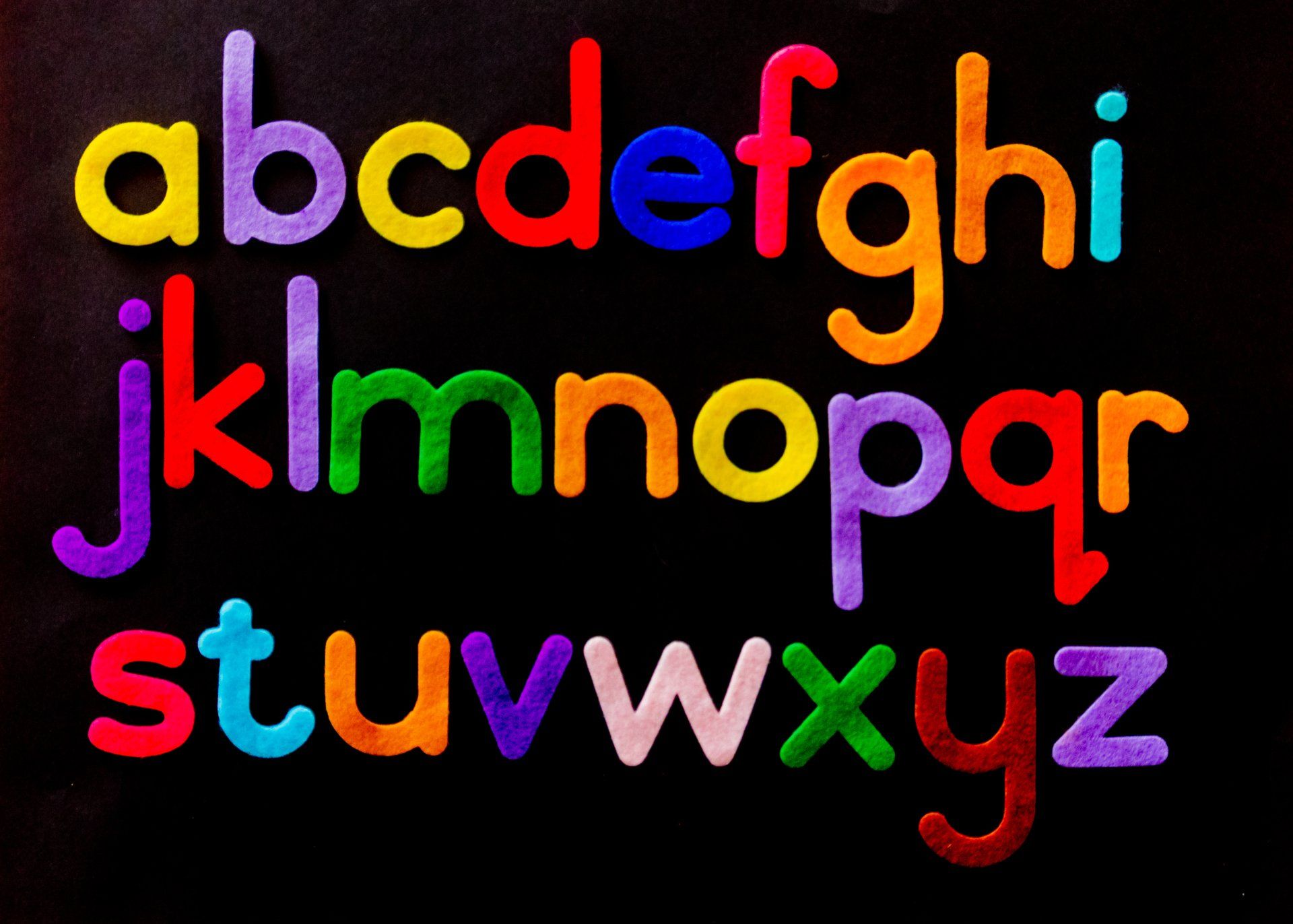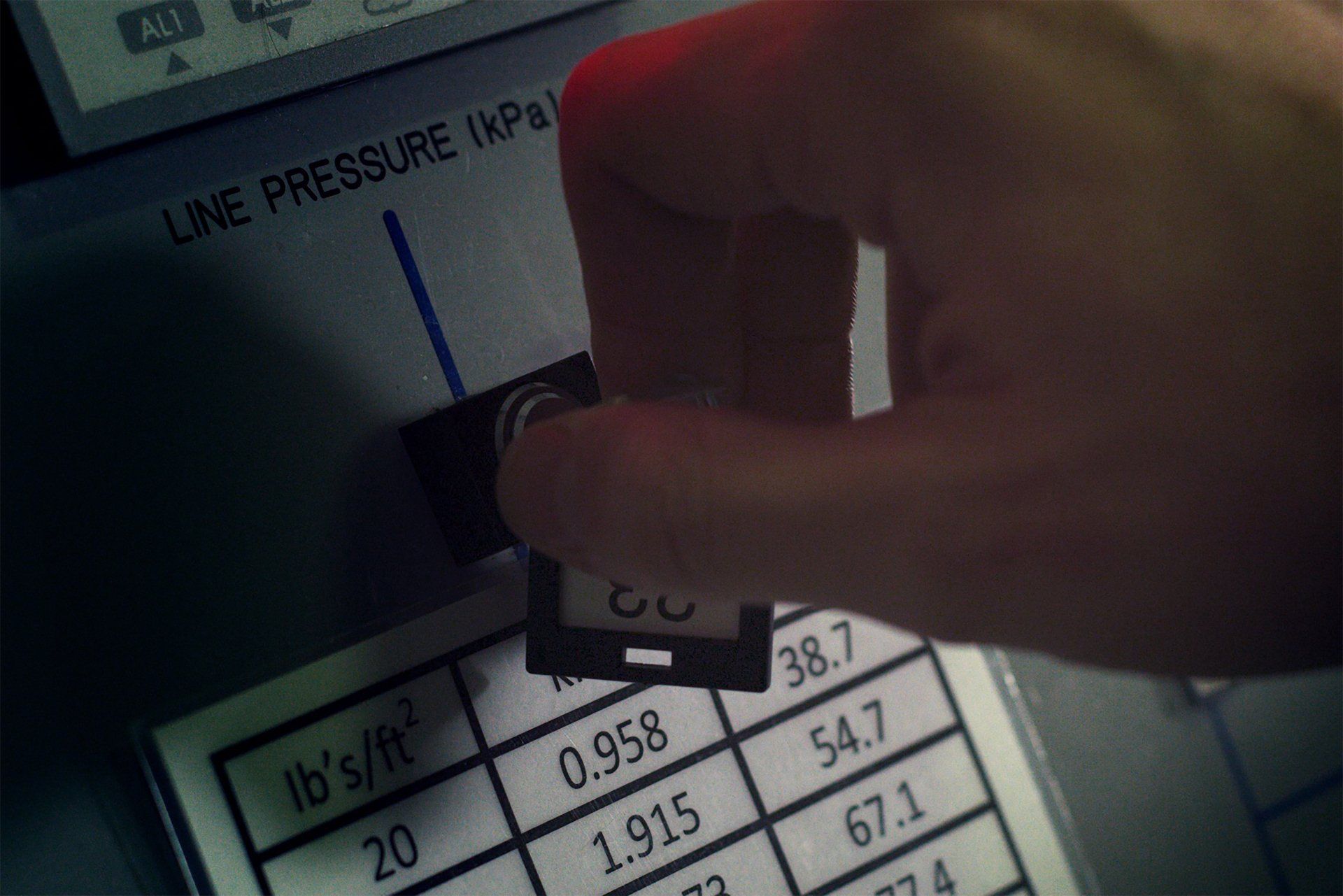INTEGRATIVE LAW: LEGAL STUDIES EXPANDING, CAREER OPTIONS GROWING FOR STUDENTS
NOVEMBER 2021
Prospective students considering a law degree often have visions of black robes and courtroom battles in their post-graduation future. However in South Africa, the legal practice environment has in recent years seen a movement towards more non-litigious, non-adversarial methods of dispute resolution, which means that those who were hesitant to pursue a legal qualification because of what appears like a prohibitively intimidating environment, now have cause to reconsider.
“The legal field is a great option for a sustainable career, but in the past, many prospective students were reluctant to pursue this option because of their concerns that the perceived combative nature of the profession is not a great fit for their personality,” says Bronwyn Le Ann Batchelor, Head of Faculty: Law at The Independent Institute of Education, SA’s largest and most accredited private higher education provider.
However the legal field, and market demands for legal intervention that doesn’t necessarily require the involvement of courts, has expanded greatly in recent years, she says.
“This has led to the introduction of Integrative Law into the curriculum of institutions who are in touch with developing demands in the industry. Integrative Law is a forward-thinking elective that prepares graduates for the world of work and this ever-changing legal environment,” says Batchelor.
“The purpose of this unique module is to introduce students to other forms of dispute resolution and to holistic conceptualisations of law in the legal profession. It assists students in differentiating between adversarial methods and non-adversarial methods of legal problem-solving and assessing mediation, collaborative law and holistic approaches to law as problem solving techniques.”
Batchelor says changes in the Rules of Court, for example, underscore the importance of developing non-traditional legal methods of dispute resolution in South Africa, which presents an opportunity in a growth field for prospective students, whether they have already decided to pursue an LLB, or indeed if they have not yet decided what they want to study.
“The Integrative Law Movement has become a global community of lawyers as peacemakers and lawyers as changemakers, constantly evolving and challenging the way that the practice of law is traditionally practiced. Integrative Law is best described as the emergence of a new legal system, focussed on granting dignity to everyone involved in the legal process on values-based solutions, and it uses a variety of perspectives and approaches to resolving conflict in legal practice.”
Batchelor says prospective students who are interested in incorporating Integrative Law into their training, should take care to interrogate the curriculum at their future institution of higher learning or public university, as it is a new learning track locally and not widely offered, even though it is already widely practised in the world of work.
“Integrative Law is a paradigm shifting module where you are challenged to separate everything that you have been taught about the adversarial constructs and notions of legal practice from what Integrative Law will show you,” says Batchelor.
“It challenges the preconceived and traditional ideas of what a lawyer is and should be, and their role in legal practice today and in the future. Integrative Law disrupts perceptions and enables students to stop and reflect upon conscious and healing methods of practising law for their client, the opposition, offender and victims, the community and public at large and, most importantly, for you as a future legal practitioner.”
Batchelor notes that Integrative Law is not merely Alternate Dispute Resolution.
“Instead, you will learn that Alternative Dispute Resolution is but one of many approaches to holistic and healing lawyering. Integrative Law also explores aspects of therapeutic jurisprudence, various methods that legal practitioners can use to exercise self-care and reduce stress in today’s fast paced environment, as well as consider the constitutional values that are instilled by the Constitution on the legal profession.”










